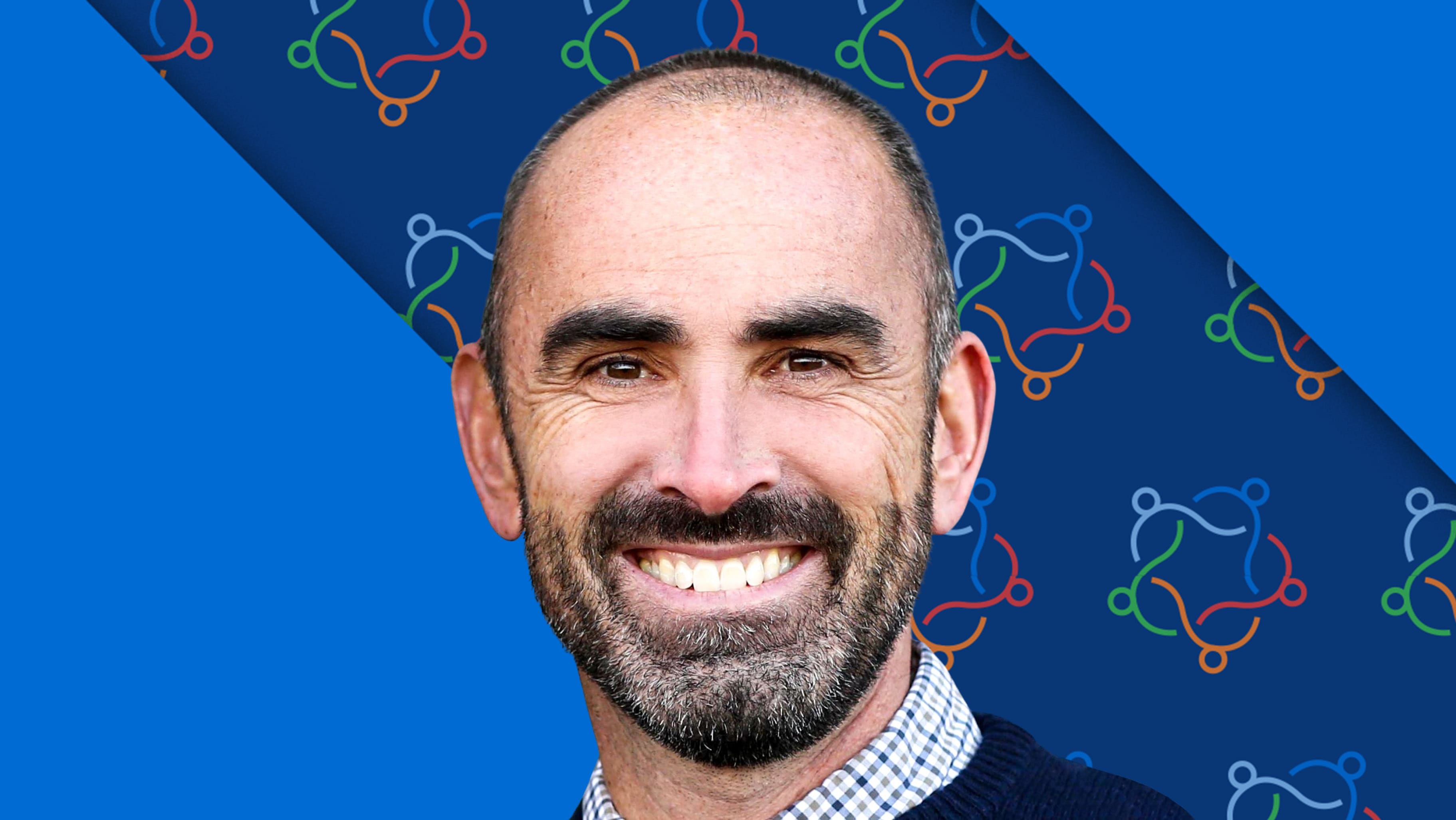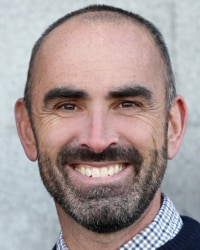Expanding Financial Literacy
Helping entrepreneurs overcome systemic barriers to building wealth.

One of the most gratifying parts of my role at Ecolab is the ability to build relationships with and learn from entrepreneurs.
I’ve had the opportunity to learn from people with wide ranging experiences and different perspectives. Many have “bootstrapped” to get where they are, meaning they are operating lean, conserving cash and prioritizing investments while building their company and launching their disruptive innovation. Sometimes in a big company, we have budget constraints, and we may feel things are too tight to nurture breakthrough concepts. We take for granted what it really means to start your own business and feed yourself — or support a family — while running very thin and tirelessly pursuing novel solutions to stubborn industry challenges.
The reality is that access to capital is one of the biggest obstacles facing entrepreneurs, especially those from marginalized communities. The Hispanic community, as an example, is among those caught in a cycle of disadvantage in this area, with the median net worth of Hispanic households at $52,190 in 2020 compared with $195,600 for non-Hispanic households, according to the U.S. Census Bureau.
This wealth gap, fueled in part by a lack of generational wealth — cash, stocks, real estate and other financial assets passed down through generations — certainly can make it harder to get a startup off the ground. Our company has a role to play here, with both the businesses we partner with and our associates. We have the ability to help advance financial literacy, or an understanding of budgeting, saving, investing and other financial concepts, which can eventually help close the wealth gap.
It Takes All of Us
I believe we all have a responsibility, whether it be in community building or supporting our own families, to understand how our money goes to work. To understand what contributes to the accumulation of wealth and what detracts from it. To understand financial terminology and what it means for us, for our company, for those we care about and for advancing the causes we’re interested in. Financial literacy is essential for effectively managing our lives, for getting a foothold in building wealth that could span generations, and for creating freedom of choice, which is really what this is all about.
And when we talk about generational wealth and its disparities, I think it’s important to understand that generational wealth is not inherently bad and does not have to mean that one ethnicity is winning and another is losing as a consequence. What we really need to ask ourselves is what are we doing with our generation to be responsible with the wealth that we have and the wealth that we generate, wherever we fall across the spectrum? Can we live a life that allows the next generation to live more comfortably than we have? To have more choices and opportunities?
This is not easy for everyone, especially in communities that are quite disadvantaged, and we need to be realistic about that and take some responsibility for that. I think all of us should embrace the notion of generational wealth as having the responsibility to make things better for both ourselves and the next generation as much as we can.
Making Strides
I’m proud to have been a part of the Techstars Farm to Fork Accelerator for many years. The program attracts a diverse pool of innovative entrepreneurs leading startups aimed at sustainably improving the way we feed the world. Our team coaches these entrepreneurs, gets involved in their development and prepares them for commercialization, and we also learn a lot along the way.
Innovation, at its core, comes from diverse viewpoints, and this program is deeply rooted in the spirit of diversity. Our mix of entrepreneurs spans the gamut in terms of cultural backgrounds, gender, experiences and perspectives. And as I mentioned earlier, many of these entrepreneurs do not have the much-needed capital to make their ideas reality. Ecolab helps with that in a number of ways, including matching investors to startups and coaching entrepreneurs on how to make pitches. We surround startups with a diverse network of internal and external mentors to solve problems and ultimately build a community that serves as a foundation for growing wealth.
One Techstars Farm to Fork participant, Martha Montoya, will participate in the HACER discussion this month. Martha, who is from Colombia, is a co-founder of Agtools, Inc., a company that uses artificial intelligence and modeling to predict good growing seasons and crop yields. I had the privilege of mentoring Martha, and she has become a good friend and a valuable business associate whose work aligns closely with our customers’ needs.
I stay in touch with many alumni who come through the program, either because we have a personal connection or because we had an opportunity to invest or we may still have an opportunity yet in the future to invest. So we want to continue to cultivate these relationships, both helping to grow these startups and Ecolab at the same time.
Beyond Techstars, Ecolab is helping marginalized businesses in other ways, such as through purchasing and procurement. We invest in and buy from women-owned and minority-owned businesses where possible. That activity puts money into the pockets and the banks of these founders in our communities that are trying to build businesses and supply reputable, dependable, successful companies like Ecolab.
Our efforts are always evolving, and the contributions of our associates play a big role in that. Let’s continue to learn from one another, from our partners and clients, and keep striving to build equity and opportunity for all of us to grow as one. One of the most gratifying parts of my role at Ecolab is the ability to build relationships with and learn from entrepreneurs.
I’ve had the opportunity to learn from people with wide ranging experiences and different perspectives. Many have “bootstrapped” to get where they are, meaning they are operating lean, conserving cash and prioritizing investments while building their company and launching their disruptive innovation. Sometimes in a big company, we have budget constraints, and we may feel things are too tight to nurture breakthrough concepts. We take for granted what it really means to start your own business and feed yourself — or support a family — while running very thin and tirelessly pursuing novel solutions to stubborn industry challenges.
The reality is that access to capital is one of the biggest obstacles facing entrepreneurs, especially those from marginalized communities. The Hispanic community, as an example, is among those caught in a cycle of disadvantage in this area, with the median net worth of Hispanic households at $52,190 in 2020 compared with $195,600 for non-Hispanic households, according to the U.S. Census Bureau.



